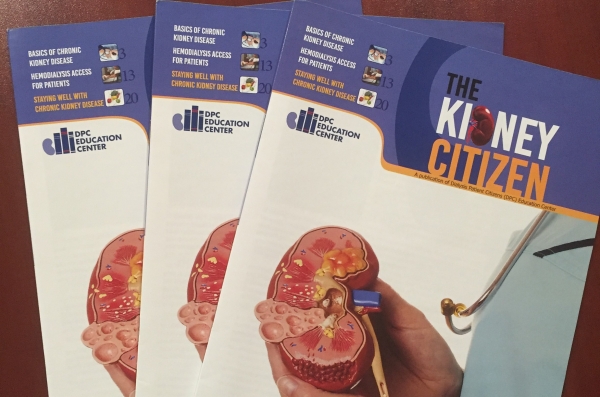News & Events
Discover new information and educational offerings that we provide. Explore our newsletters, blogs and upcoming webinars/conference calls.
Contents:
Amgen funds Website Redesign
Thanks to the generous support of Amgen, the DPC Education Center just completed an extensive upgrade and redesign of its website. The upgrade allowed for a more responsive design and easier to use navigation among many other improvements.



